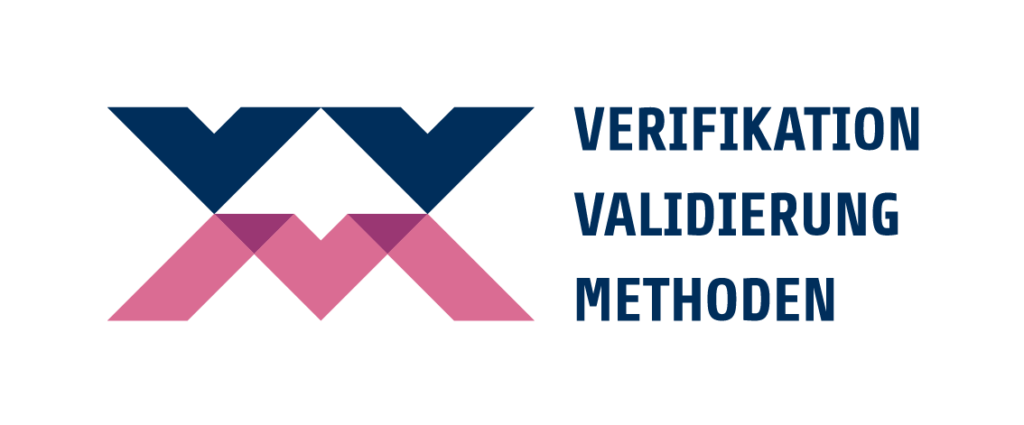SDI4ECom
Secure and self-determined digital identities in e-commerce
Start: 07/2019
End: 06/2023
The urban environment represents one of the greatest challenges for automated vehicles due to the enormous complexity of traffic scenarios and large diversity of potential road users. This complexity and variety of urban traffic scenarios must be mastered safely and reliably for people to be willing to use automated vehicles in urban environments.
A key factor towards acceptance and introduction of this new technology is therefore the proof of safety, verification, and validation of automated vehicles. This topic is the target of the VVM project, which takes up the task of the PEGASUS project in the areas of testing and validation. It continues this work with the aim to develop a methodology for the proof of safety for urban driving – especially for the use case of urban intersections.
The FZI Research Center for Information Technology is responsible for “Test Procedure” subproject 7 and deals with the overall test methodology for Level 4 and Level 5 vehicles. The focus is on concepts and methods of an integrated test procedure from simulation to real tests for a modular safety enhancement of automated vehicles. In addition, central infrastructure elements in the form of test vehicles and test benches are being set up or expanded at the FZI.
Smart solutions for the transportation of people and goods are a focus of FZI research to shape mobility in the future. To this end, the FZI develops integrated mobility systems – from vehicle automation and the application of AI in traffic systems to urban mobility and logistics.

Funding notice:
The VVMethoden project is funded by the Federal Ministry for Economic Affairs and Climate Action (BMWK).
Project partners:
23 renowned partners from industry and research
More information at www.vvm-projekt.de
Secure and self-determined digital identities in e-commerce
Jointly moving people and goods
Stopping pathogen transmission in hospitals quickly, reliably, and comprehensively using AI.
Generating resilient system-on-a-chip architectures for RISC-V
Body-worn sensors and wearables for recording vital data and identifying health-related issues in mental and psychosomatic disorders
Efficient and highly accurate data generation for AI applications in autonomous driving
Generative AI in Software Development with a focus on smart home applications.
Standardized interfaces for greater speed, safety, and sovereignty in vehicle development
New approaches for interconnected hospital logistics
The modular toolbox for flexible robotics, tailored to the needs of small and medium-sized automotive suppliers